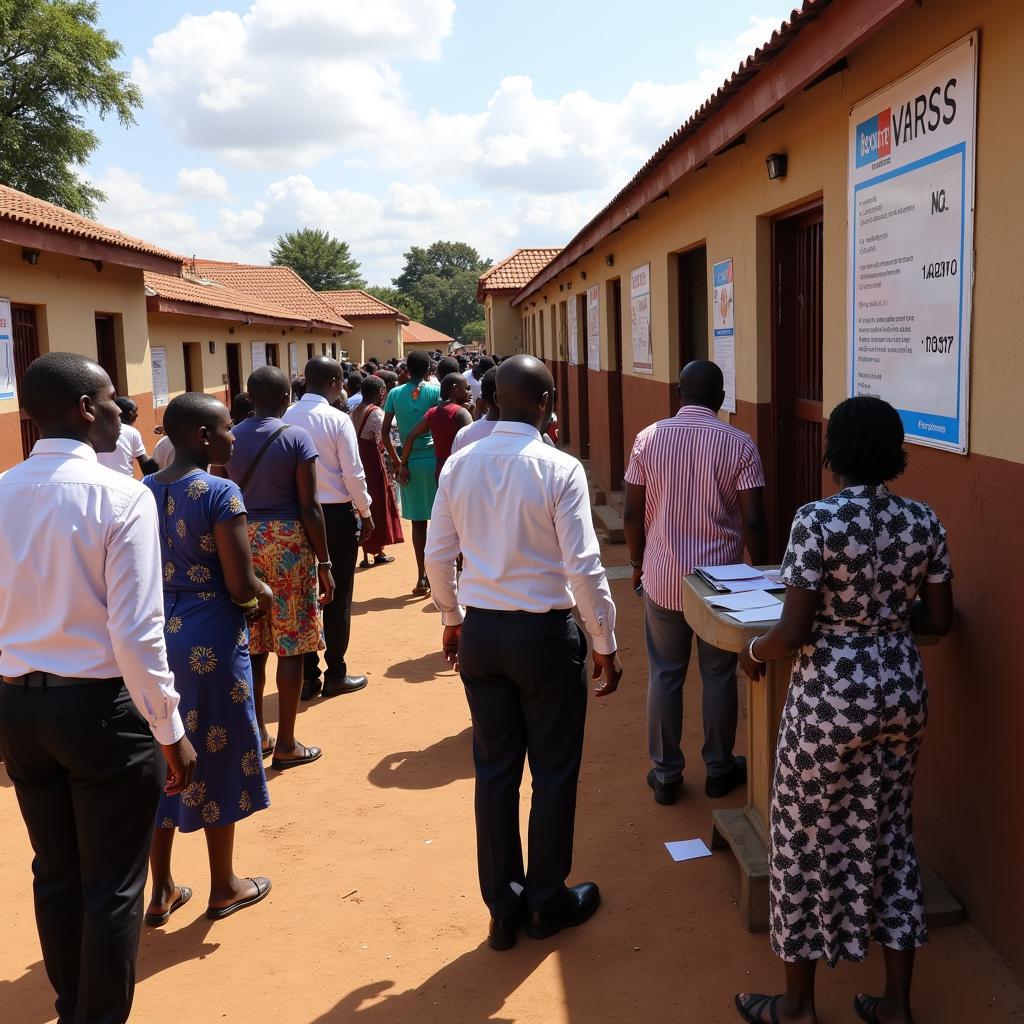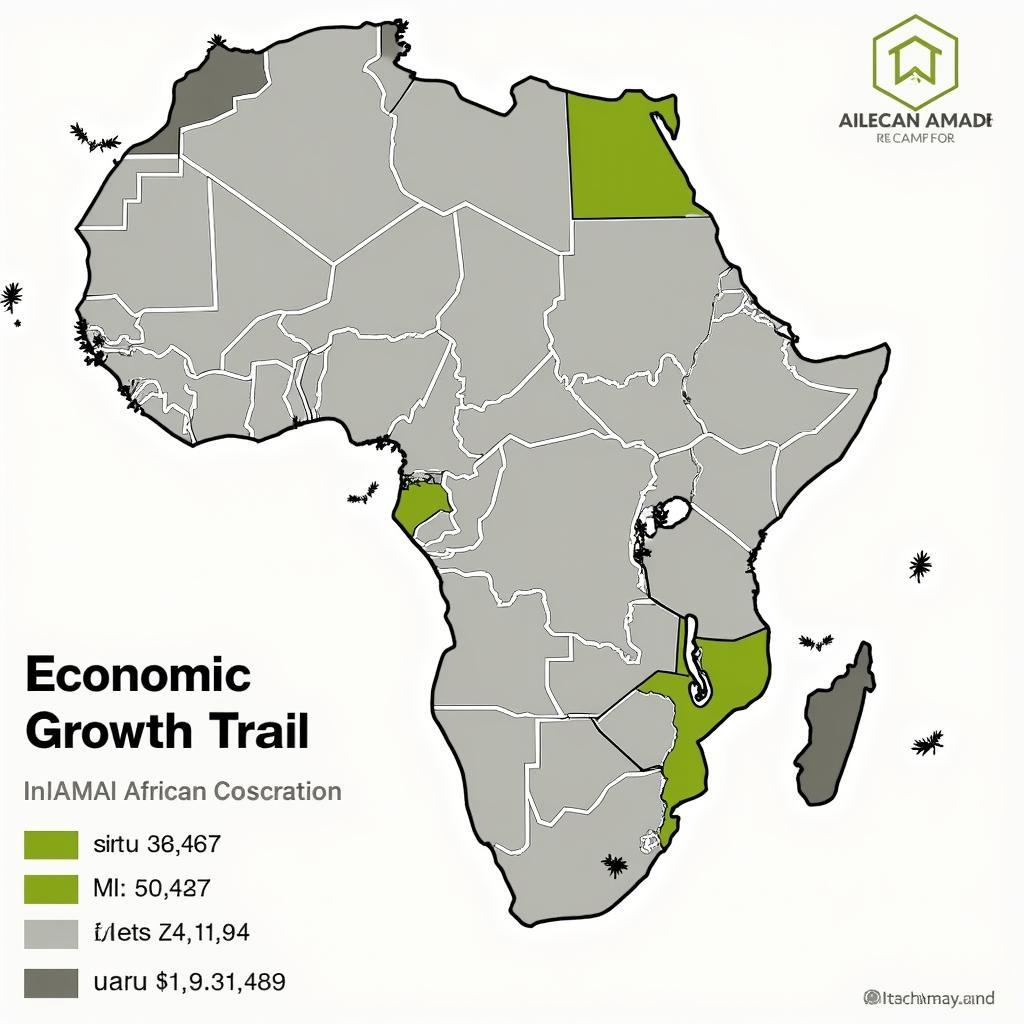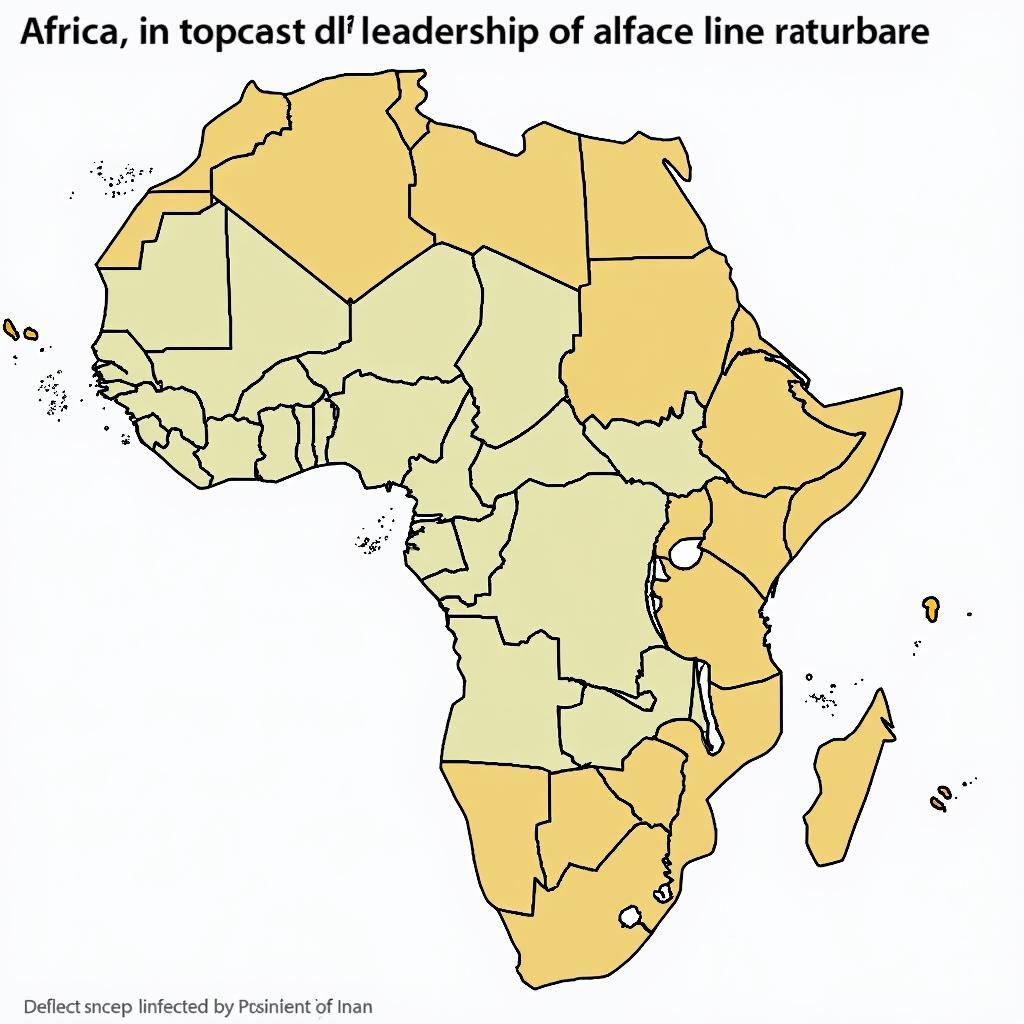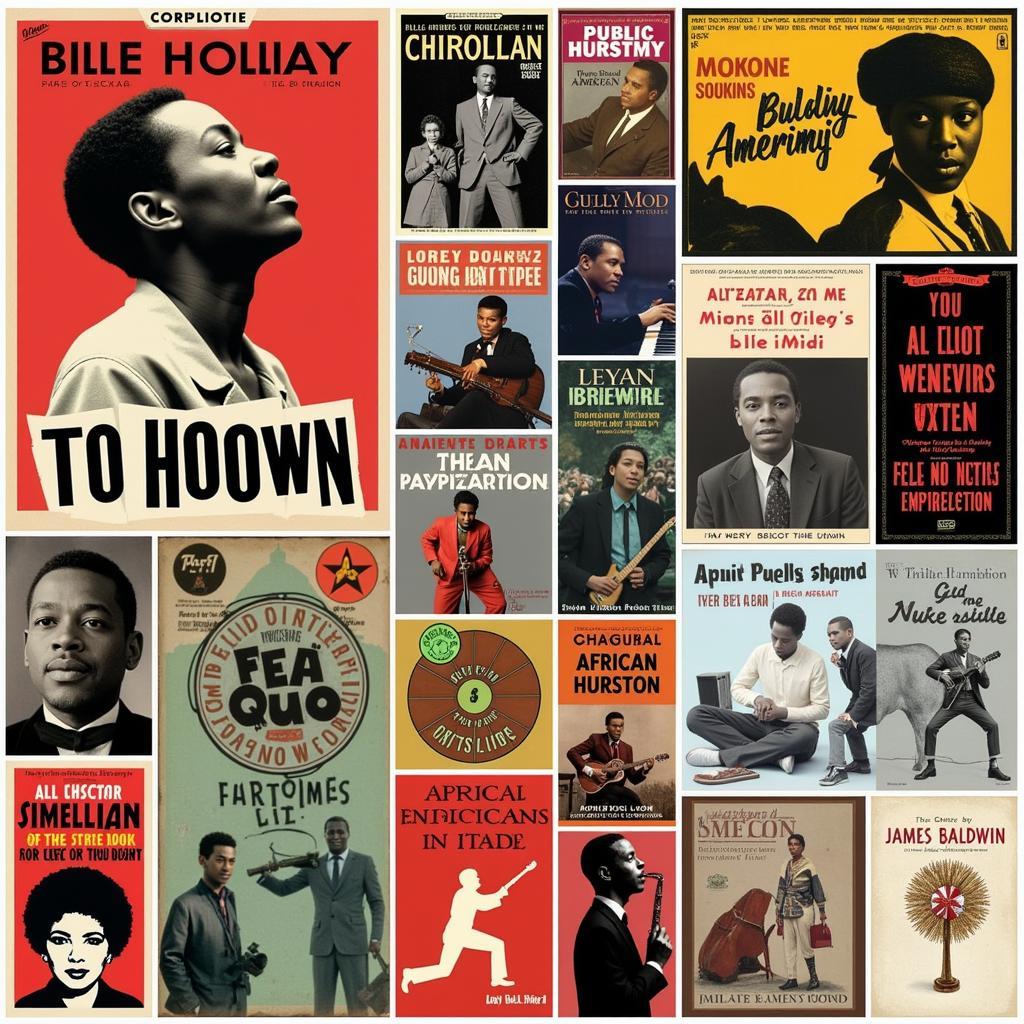African Countries and Their Presidents 2016: A Snapshot in Time
African countries and their presidents in 2016 offer a fascinating glimpse into a continent undergoing significant political and social transformations. This period witnessed a mix of established leaders, newly elected officials, and ongoing power struggles across the diverse nations of Africa. Understanding the political landscape of 2016 requires delving into the specific contexts of each country, acknowledging the unique challenges and triumphs they faced.
Political Landscapes Across Africa in 2016
2016 was a pivotal year for many African nations. Several countries held elections, some peaceful and some contested, while others grappled with internal conflicts and economic instability. From the shores of North Africa to the southern tip of the continent, the political climate varied drastically, reflecting the unique history and circumstances of each nation. Examining the leadership of these countries provides a valuable lens through which to understand the complexities of African politics.
Key Presidential Figures of 2016 and Their Influence
Several presidents held significant influence on the continental stage in 2016. For example, Jacob Zuma of South Africa continued to lead a major economic power, navigating domestic challenges and international relations. Nigeria, under the leadership of Muhammadu Buhari, battled Boko Haram and sought to diversify its oil-dependent economy. These and other leaders played crucial roles in shaping the trajectory of their respective countries and influencing regional dynamics.
Looking at individual countries reveals a more nuanced picture. In Ghana, John Dramani Mahama was preparing for elections later in the year, while Ellen Johnson Sirleaf, Africa’s first elected female head of state, continued her presidency in Liberia. These diverse leadership styles and political contexts underscore the richness and complexity of African governance.
 Ghanaian Election 2016
Ghanaian Election 2016
Analyzing the specific situations in each country offers valuable insights into the overall political climate of the continent. Factors such as economic development, social unrest, and international relations all played a role in shaping the political landscape of 2016.
Examining the Role of Presidents in Different African Contexts
The role of a president varied considerably across African countries in 2016. Some leaders held significant power, influencing not only domestic policy but also regional affairs. Others operated within more constrained political systems, balancing the interests of various stakeholders. Understanding these nuances is crucial for grasping the complexities of governance across the diverse nations of Africa.
Challenges and Opportunities Facing African Leaders in 2016
African leaders in 2016 faced a myriad of challenges, from economic instability to security concerns. Many countries struggled with poverty, unemployment, and a lack of access to basic services. Climate change also posed a significant threat, particularly in regions prone to drought and other natural disasters. However, alongside these challenges, opportunities also existed. Growing economies, technological advancements, and a burgeoning youth population presented the potential for significant progress.
“Navigating the complexities of African politics requires a deep understanding of the historical, social, and economic context of each country,” says Dr. Anika Kofi, a prominent political analyst specializing in African affairs. “Leadership in 2016 demanded a delicate balance between addressing internal challenges and engaging with the global community.”
 African Economic Development in 2016
African Economic Development in 2016
Understanding the diverse political landscapes of African countries in 2016 provides a crucial foundation for understanding the continent’s ongoing evolution.
The Legacy of 2016 in Shaping Contemporary Africa
The events of 2016 continue to shape the political dynamics of Africa today. The decisions made by leaders during this period had lasting consequences, influencing the trajectory of their respective countries and the broader continental landscape. Examining the leadership of 2016 offers valuable lessons for understanding the challenges and opportunities facing Africa in the present.
“The year 2016 served as a critical juncture for many African nations,” adds Professor Chinua Adebayo, a renowned historian of African politics. “The choices made by leaders during this time continue to resonate, shaping the political and social landscape of the continent today.”
 African Political Landscape 2016
African Political Landscape 2016
In conclusion, understanding African countries and their presidents in 2016 is crucial for grasping the complexities of the continent’s political history and its current trajectory. This snapshot in time reveals the diverse challenges and opportunities faced by African nations, providing a valuable lens through which to analyze the continent’s ongoing evolution.
FAQ
- Who was the president of South Africa in 2016? Jacob Zuma.
- Who was the first elected female head of state in Africa? Ellen Johnson Sirleaf.
- What were some of the major challenges facing African leaders in 2016? Economic instability, security concerns, and climate change.
- What were some of the opportunities for African countries in 2016? Growing economies, technological advancements, and a burgeoning youth population.
- Why is understanding the political landscape of 2016 important for understanding contemporary Africa? The events of 2016 continue to shape the political dynamics of the continent today.
- Which countries held elections in Africa in 2016? Several countries held elections, including Ghana.
- What was the significance of Nigeria’s political situation in 2016? Nigeria, under Muhammadu Buhari, was combating Boko Haram and striving for economic diversification.
Need assistance? Contact us 24/7: Phone: +255768904061, Email: kaka.mag@gmail.com, Address: Mbarali DC Mawindi, Kangaga, Tanzania.

